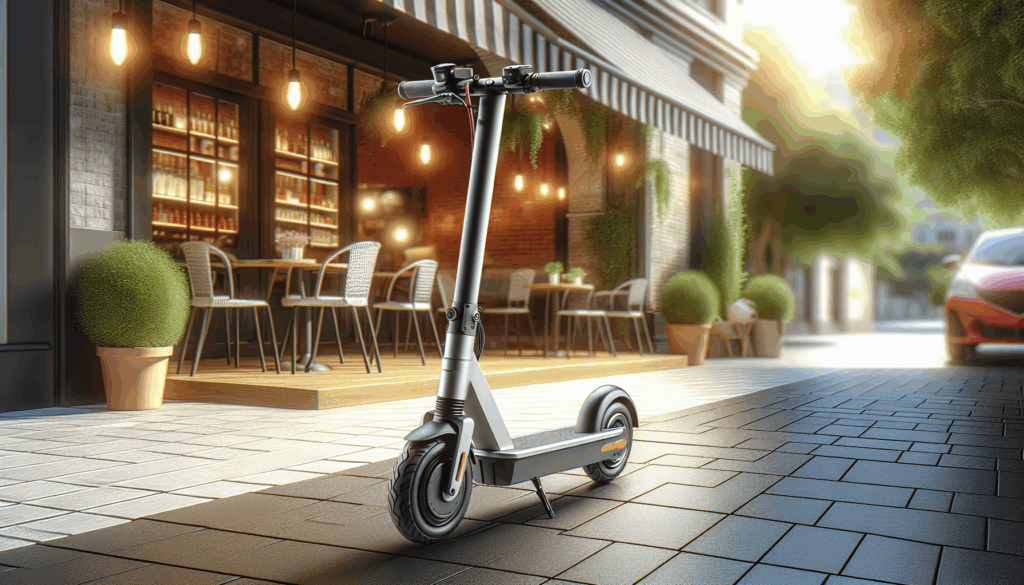Escooter commuting has transformed the way people navigate modern cities, offering a fast, eco-friendly, and affordable alternative to traditional transportation. As urban congestion increases and sustainability becomes a global priority, escooters have emerged as a leading choice for short-distance travel and daily commuting. Their compact design, electric power, and low maintenance make them ideal for individuals seeking both convenience and environmental responsibility. However, one key question continues to arise among enthusiasts and new users alike is it more practical to buy or rent an escooter?
The decision between purchasing or renting an escooter is not merely a financial one; it reflects lifestyle preferences, travel frequency, and long-term mobility goals. Buying an escooter offers the advantage of ownership, allowing users to save over time and personalize their rides, while renting provides flexibility and freedom from maintenance or storage concerns. Each option carries unique benefits that cater to different commuting needs, from daily riders navigating busy streets to occasional users exploring the city at leisure.

In this guide, we explore the economic and practical factors that influence the escooter cost comparison between buying and renting. By understanding these aspects, riders can make informed decisions that balance convenience, sustainability, and budget efficiency. Whether you are an everyday commuter or a casual explorer, choosing the right option ensures a smooth, cost-effective, and enjoyable ride through the evolving landscape of urban mobility.
Understanding the Economics
Before diving into the dichotomy of buying versus renting, it’s crucial to grasp the economics behind escooters. While buying an escooter implies an upfront investment, it also translates into long-term ownership, potentially leading to cost savings over time. Contrarily, renting might seem more financially flexible initially, but the cumulative cost could outweigh the convenience. By examining both approaches, we’ll decipher which proves more economical in the long run.
Buying an Escooter
Purchasing an escooter outright entails a sizable initial expense, typically including the scooter’s cost, maintenance, and potential accessories. However, the benefits are abundant. Owners bypass recurrent rental fees, gaining complete control over their transportation. This independence, when juxtaposed with rental costs over an extended period, often swings in favor of ownership. Not to mention the satisfaction of personalization and the potential resale value increase down the line. In many cases, owning an escooter generates significant cost savings and fosters a sense of ownership.

Renting an Escooter
Renting an escooter proposes an enticing alternative, especially for individuals who prioritize flexibility. Daily, weekly, or monthly rental options enable users to tweak their usage based on their needs. However, the sum of these intermittent payments can accumulate over time, ultimately exceeding the cost of purchasing an escooter. Renting benefits those averse to commitment or who operate based on sporadic usage patterns. It also relieves the burden of maintenance and repairs, counterweighing the expenditure with convenience. Deciphering whether renting is cost-effective over time reinforces the essence of examining this economic predicament closely.

Considering the Long-Term Saving Potential
Delving deeper, let’s analyze the long-term saving potential of both options. With ownership, users have the opportunity to amortize the initial investment over a longer period. As the scooter’s value depletes, the net cost to the owner diminishes, ultimately culminating in substantial financial gain. Contrarily, renters pay ongoing fees, lining the pockets of the rental company. This financial analysis elucidates that owning an escooter commonly wins the race in terms of saving money when scrutinized over a protracted period, presenting itself as comprehensive personal finance management.
Conclusion: In Conclusion: The Pathway to Economic Efficiency
In the tug of war between purchasing and renting an escooter, the scales seem to tilt in the favor of buying, especially when economics are the focal point. Despite the upfront investment, owning an escooter demonstrates potent long-term cost savings due to the nullification of recurrent rentals and the potential value depreciation. It embodies an empowered and financially astute decision. On the contrary, renting places prominence on freedom of commitment yet tends to result in higher overall expenses. By understanding the economics behind the two options, individuals can align their preferences with their economic goals, shifting the paradigm towards financial prudence and refined decision-making.
